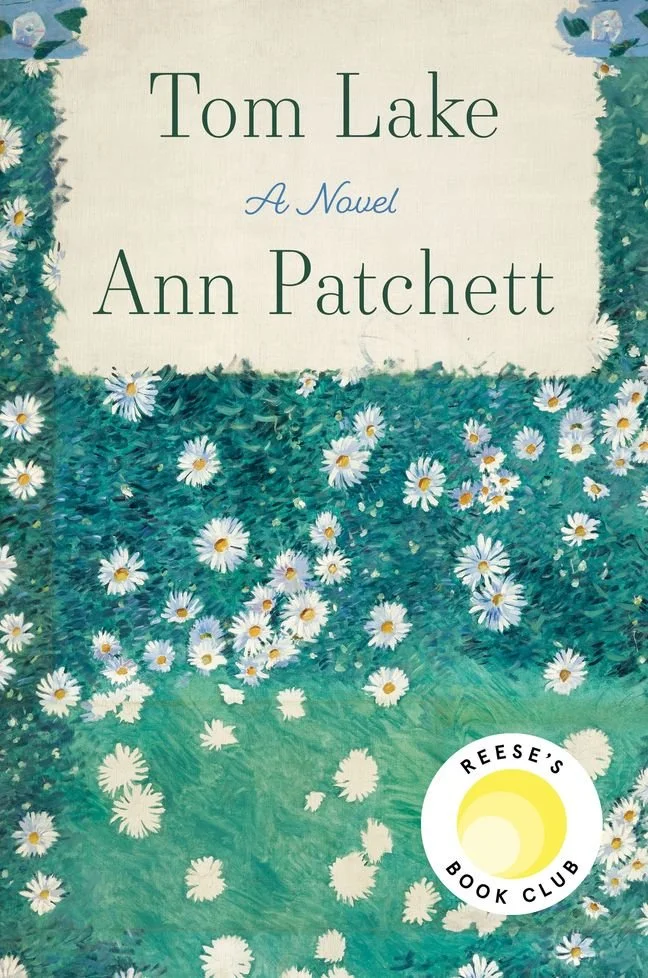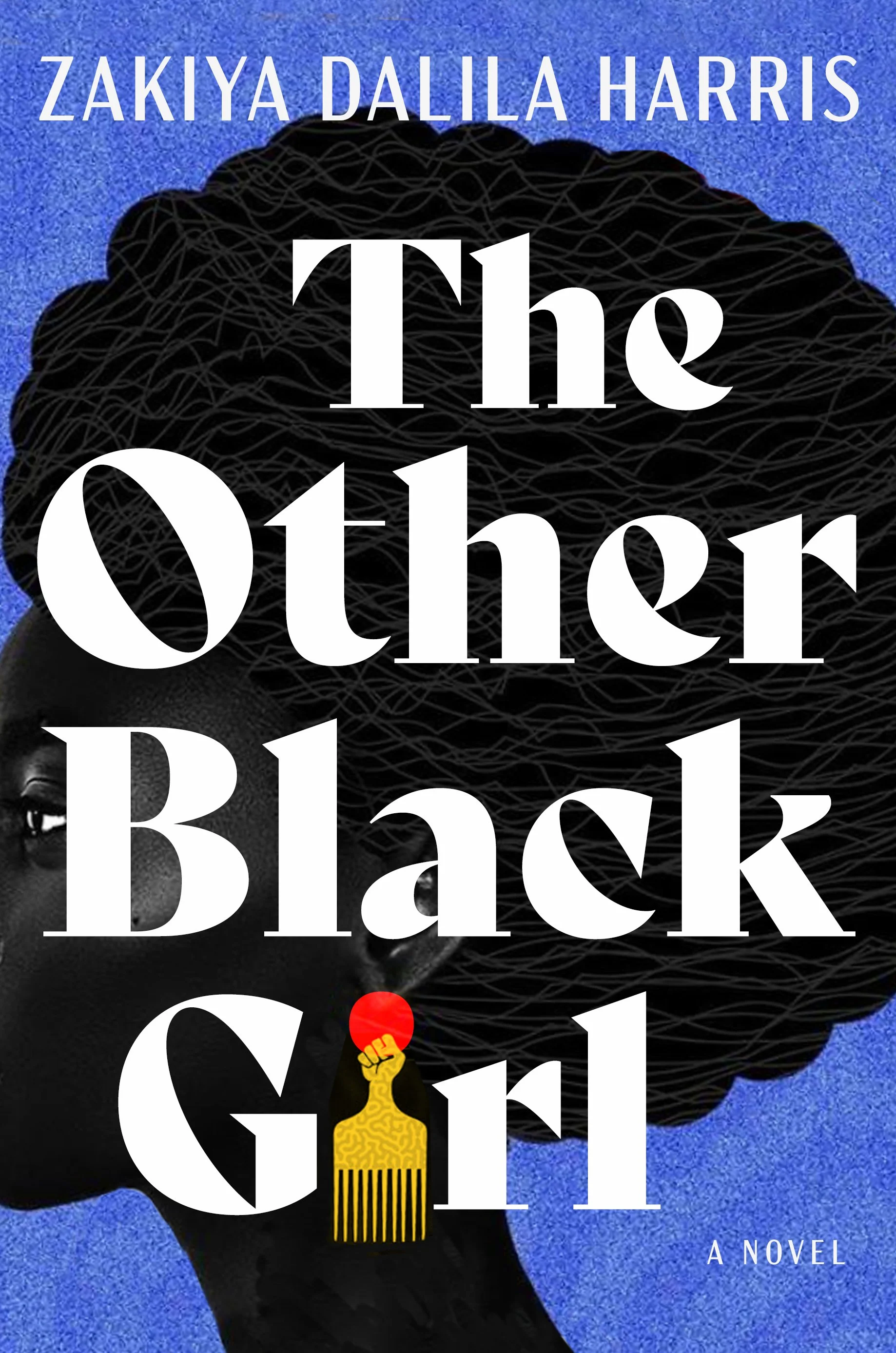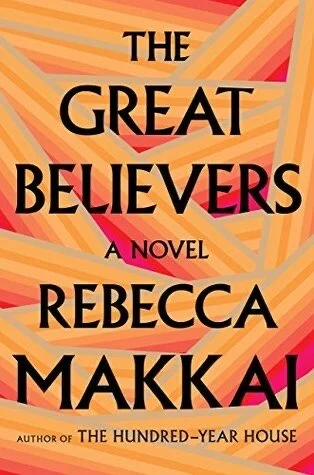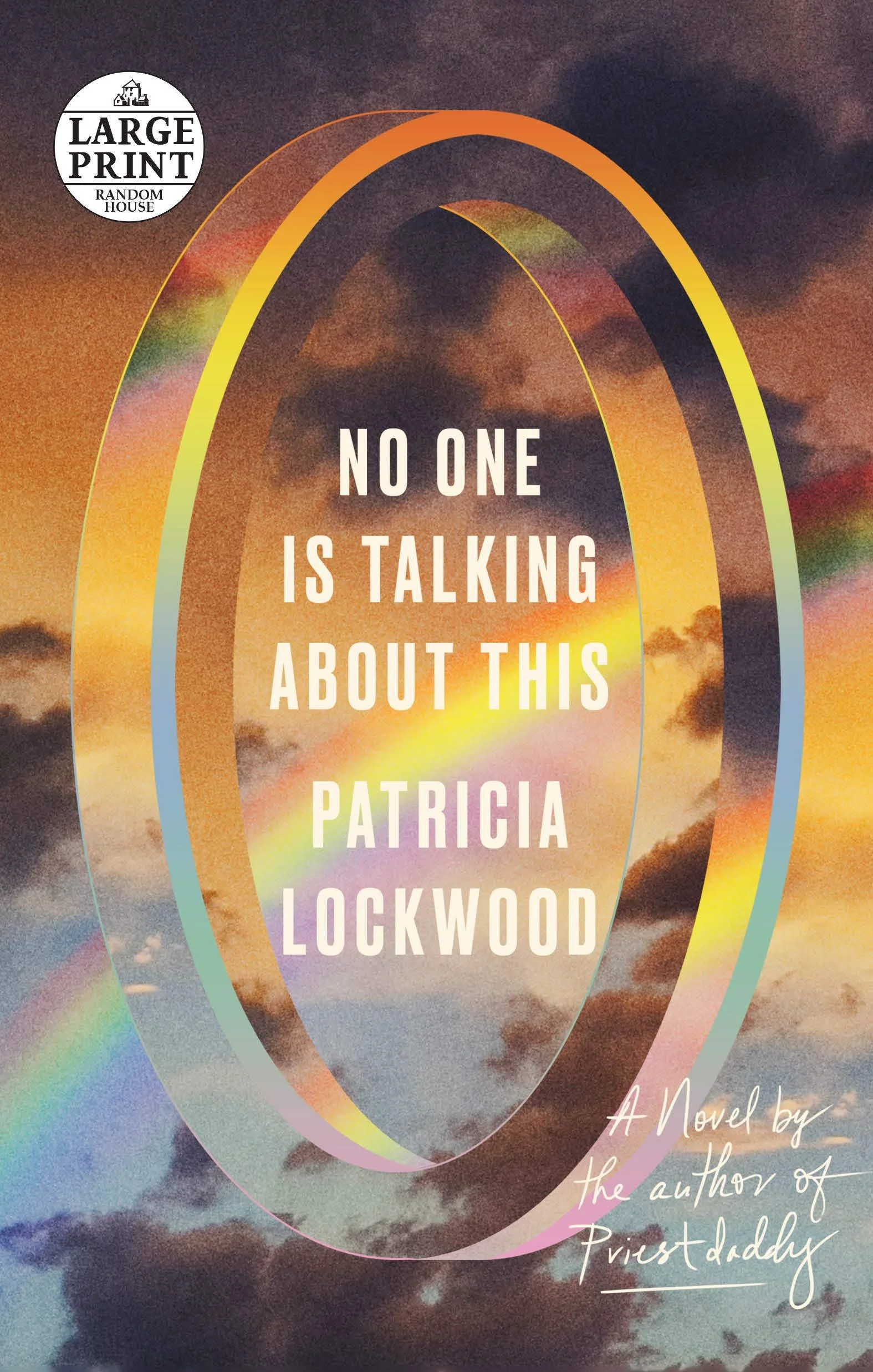THE GREAT BELIEVERS
by Rebecca Makkai
Rebecca Makkai has been writing books for a while, but she didn’t come onto my radar until she published The Great Believers in 2018. I’m not quite sure why it took me so long to pick the book up, but I’m glad I did. Selected as a finalist for The Pulitzer Prize, The New York Times Book Review called The Great Believers, “Among the first novels to chronicle the AIDS epidemic from its initial outbreak to the present… [A]n absorbing and emotionally riveting story about what it’s like to live during times of crisis.”
Makkai sets the story in Chicago in the 1980s with main character, Yale Tishman, about to achieve a major coup by bringing in an important group of paintings to the gallery where he works. But In the midst of his ascending career Yale struggles to come to terms with the AIDS epidemic which is gaining ground all around him. Many of his friends have become infected and several have died. One of those friends, Nico, has a younger sister, Fiona. Yale and Fiona develop a strong friendship after Nico dies and Yale finds himself increasingly bereft of friends.
The second storyline in the novel tracks Fiona 30 years later in France as she’s trying to find her estranged daughter and granddaughter who have been caught up in a cult. The two stories come together beautifully and poignantly. Makkai portrays life in the early years of the AIDS epidemic – for those with the virus and for all those who loved them – and the resulting trauma that had such a wide reach. Believers’ characters are so well developed that I got a real feeling for their sense of fear and powerlessness and the total dismay at how society was treating them.
The Great Believers tells a potent story filled with subtle subplots and amazing characters whose lives exhibit many kinds of love. But to label the novel a love story would be reductionist. The book illuminates two time periods in the United States and France filled with people who love each other and whom you will come to love. Please read this book.(Liz)
(Click here to read Lily's review from January 2021)






